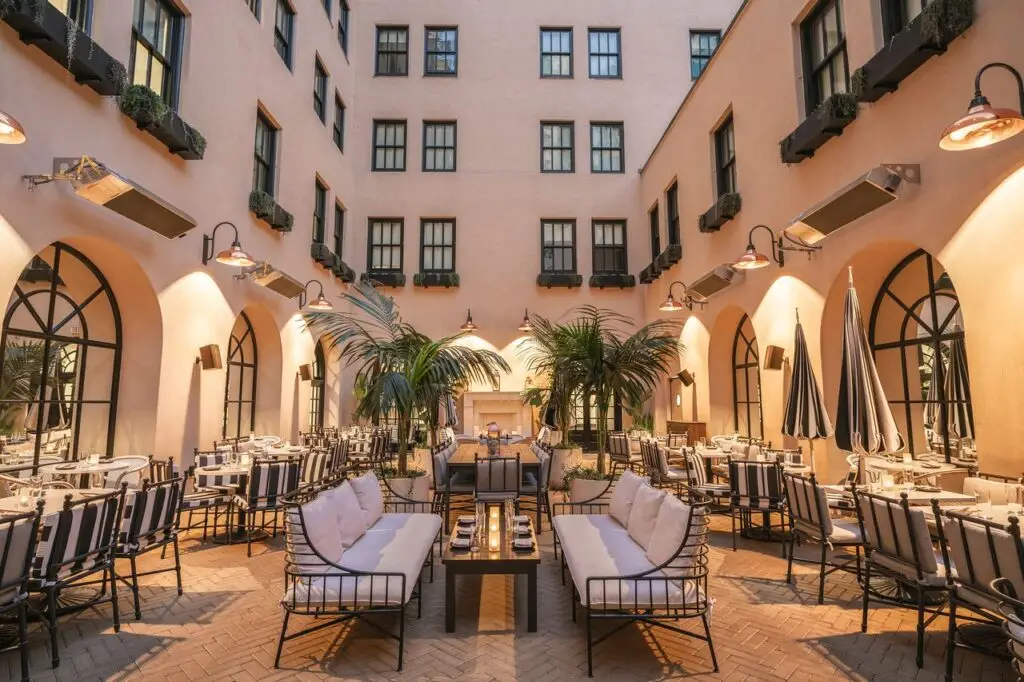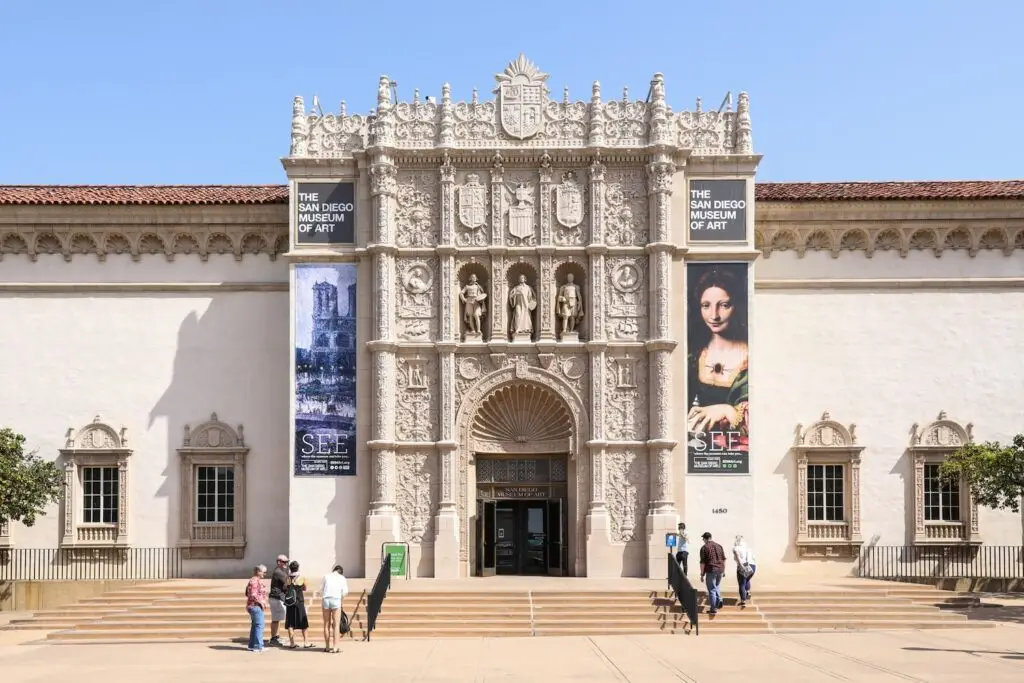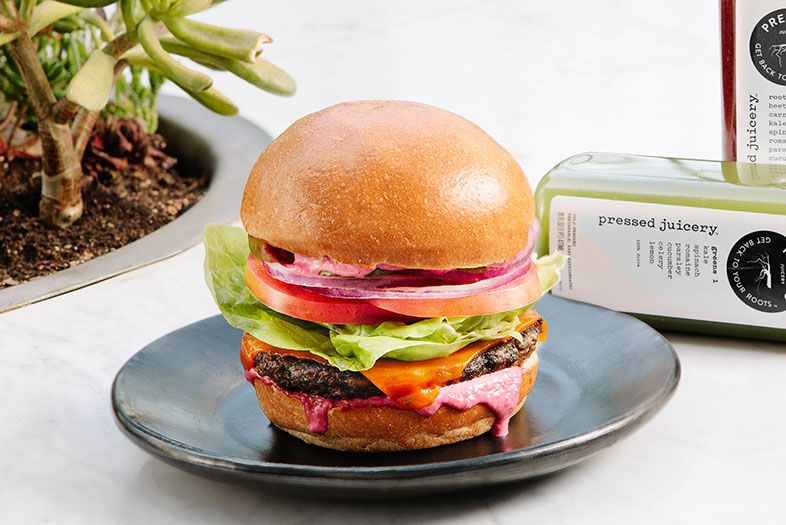In 1908, professor Kikunae Ikeda of Tokyo Imperial University discovered “umami,” the fifth taste, and one that has become the buzzy descriptor for food people everywhere. Up until then, food scientists had only discovered sweet, sour, salty, and bitter. But umami was different—a “savory, round” flavor (accredited to L-glutamate) found in broths, steaks, seaweed, aged cheeses, tomatoes, bacon, the most delicious foods.
I’d argue that we’ve ignored a sixth taste. In an age where “sustainability” has become a common, important, and much-hyped word to describe food, we have to ask: What is the flavor of responsibility? How does the morality, sustainability, and basic do-goodery of a food affect how much we enjoy it?
Armed with research and the internet, more and more Americans are eating with our minds and morals, not just our mouths. Maybe you learned about the massive problems with cheap commodity chicken (disease, animal abuse, farmer abuse, chemicals, antibiotics), so you order Mary’s Organic chicken thighs. Knowing that meat comes from a humanely-treated, antibiotic-free bird has to taste better, doesn’t it? Unless treating drugged-up birds badly is your idea of a great Saturday night, that is.
How food gets to our table—the story of its moral and sustainable production—is like seasoning for our awareness. It’s salt for our consciousness. It’s mirepoix for your soul, man. If you read a story about the widespread human rights problems in the coffee industry, and decide to order a cup of fair-trade Sumatran—guarantee that coffee tastes better.
Some might call it the taste of being smug. Responsible food is an expensive, elitist dispute, they’ll say. True, honest, sustainable, ethical food tends to cost more (but not always). Is paying more for that smug? Or are we merely reallocating our personal budgets to be able to do the right thing? Doing the right thing isn’t smug. Being smug about people who pay more for good food is smug.
Point is, when the morals behind our food align with our own, it tastes better. Because eating has always been a political and social act. For most of us, we aren’t going to be perfect. If Aunt Linda serves you commodity chicken, you’re going to eat that because no one disrespects Aunt Linda. But the more we can eat sustainable/moral/ethical/good food, the better it will taste to us. There isn’t any moral dissonance, nor its resultant guilt.
In Minneapolis, it might be drinking Finnegan’s—a nonprofit craft beer company that donates 100% of its profits to feeding hungry Americans. With global seafood in serious trouble due to overfishing, it’s eating at Land & Water Co. in Carlsbad, where chef Rob Ruiz is one of the country’s top proponents of sustainable seafood. Or it’s in the new “Rescued Burger” at Mendocino Farms in La Jolla.
The “Rescued Burger” idea is simple: A burger designed to reduce food waste. The food waste stats are pretty gaudy in America. Forty percent of our food goes to waste every year. In 2014, we wasted enough food to fill the Empire State Building 91 times.
The sources of waste are manifold. Grocery stores reject fruit that’s “ugly,” even if the fruit is un-bruised and delicious. We over-shop at the grocery store and let that Swiss chard go bad. Our restaurants serve stupidly big portions (mostly because we demand it). The list goes on for a novel.
What Mendocino has done with its burger is address the waste from another trend in food—fresh-pressed juiceries. When a juice shop makes your kale-beet-whatever concoction, it pulls out the moisture, but leaves the pulp as a byproduct. Instead of throwing it away so that this edible (but not desirable) pulp goes into a landfill, ethical home chefs will often use the pulp in smoothies and soups.
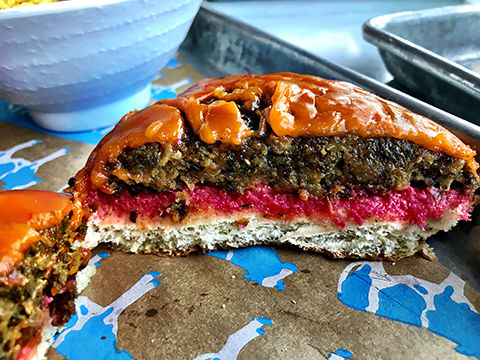
Mendocino Farms’ Rescued Burger Helps Fight Food Waste
Inspired by Blue Hill’s WastED program, the restaurant asked Pressed Juicery for their leftover pulp from beets, carrots, spinach, kale, romaine and turmeric. They blend that with brown rice, shiitake mushrooms, and onions, then add gluten-free tamari and nutritional yeast to add that “umami.” It’s then served on a plant-based brioche bun with vegan beet Thousand Island dressing, tomato-cayenne tofu cheese, butter lettuce, tomatoes, red onion, and pickles.
How does it taste? The patty itself has a good flavor, thanks to the deep richness of the tamari (a darker, more intense soy sauce) and nutritional yeast (nutty, cheesy, creamy). The consistency won’t make a carnivore give up In N Out anytime soon, since the interior of the patty is dark black and creamy, somewhere between a black bean burger and vegemite. But the spicy vegan cheese gives it a kick, the beet Thousand Island is delicious, and the bun breaks the basic law of the universe that says “all vegan bread is awful.”
It’s good. A seven. But, when you factor in the sixth taste—call it “awareness” or “wokeness” or “samaritanism,” whatever—it’s even more enjoyable. It literally rescues 300-500 pounds of edible, nutritious pulp that would otherwise be headed to our landfills, wasting food, and creating bad gasses.
The “Rescued Burger” isn’t the only direction of food, but it’s a good one.
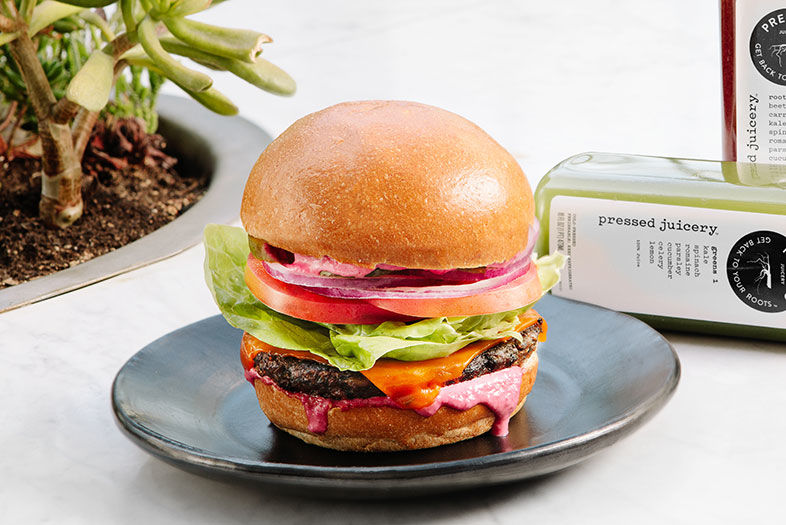
Mendocino Farms’ Rescued Burger Helps Fight Food Waste
PARTNER CONTENT
The Rescued Burger is made with leftover veggie pulp from Pressed Juicery.

